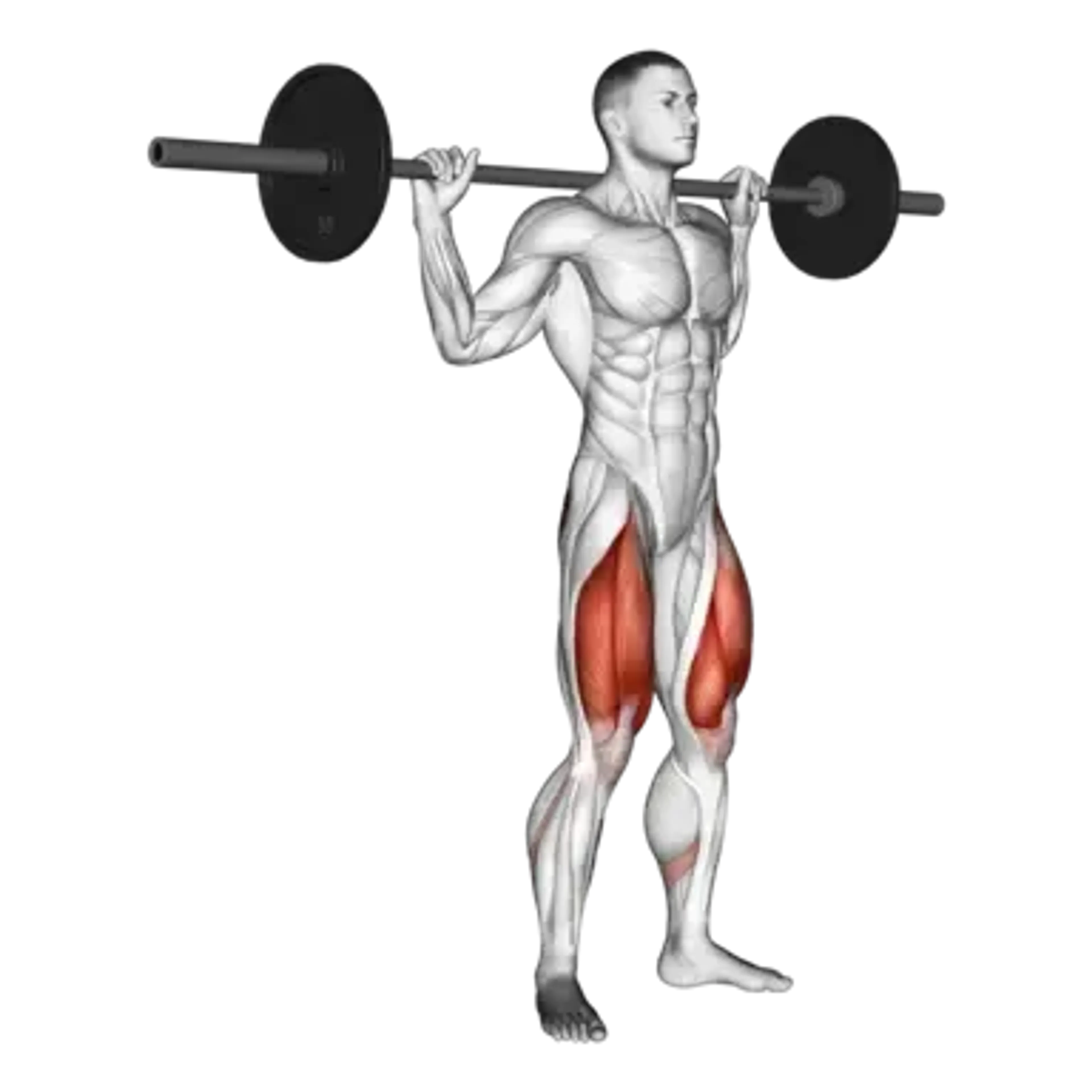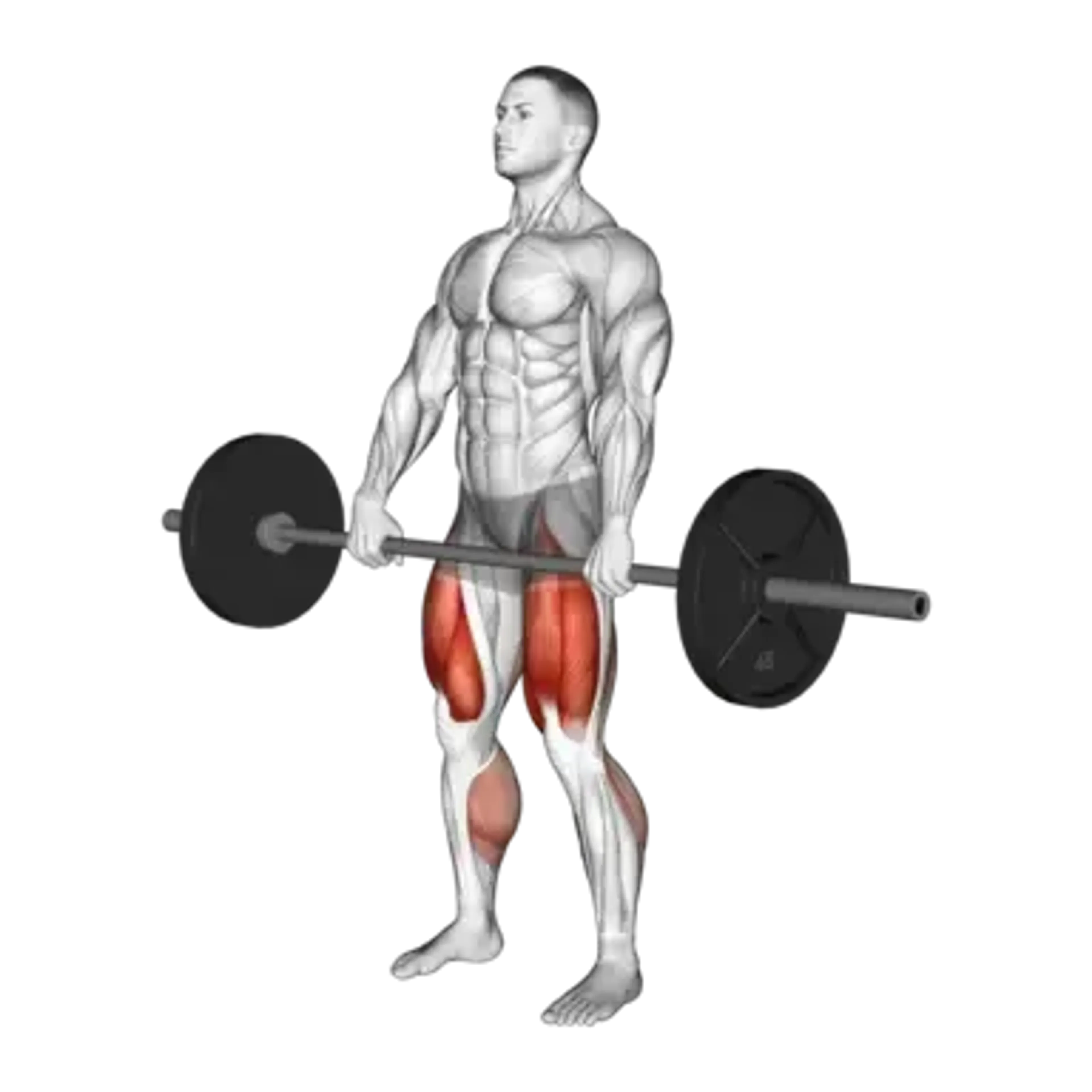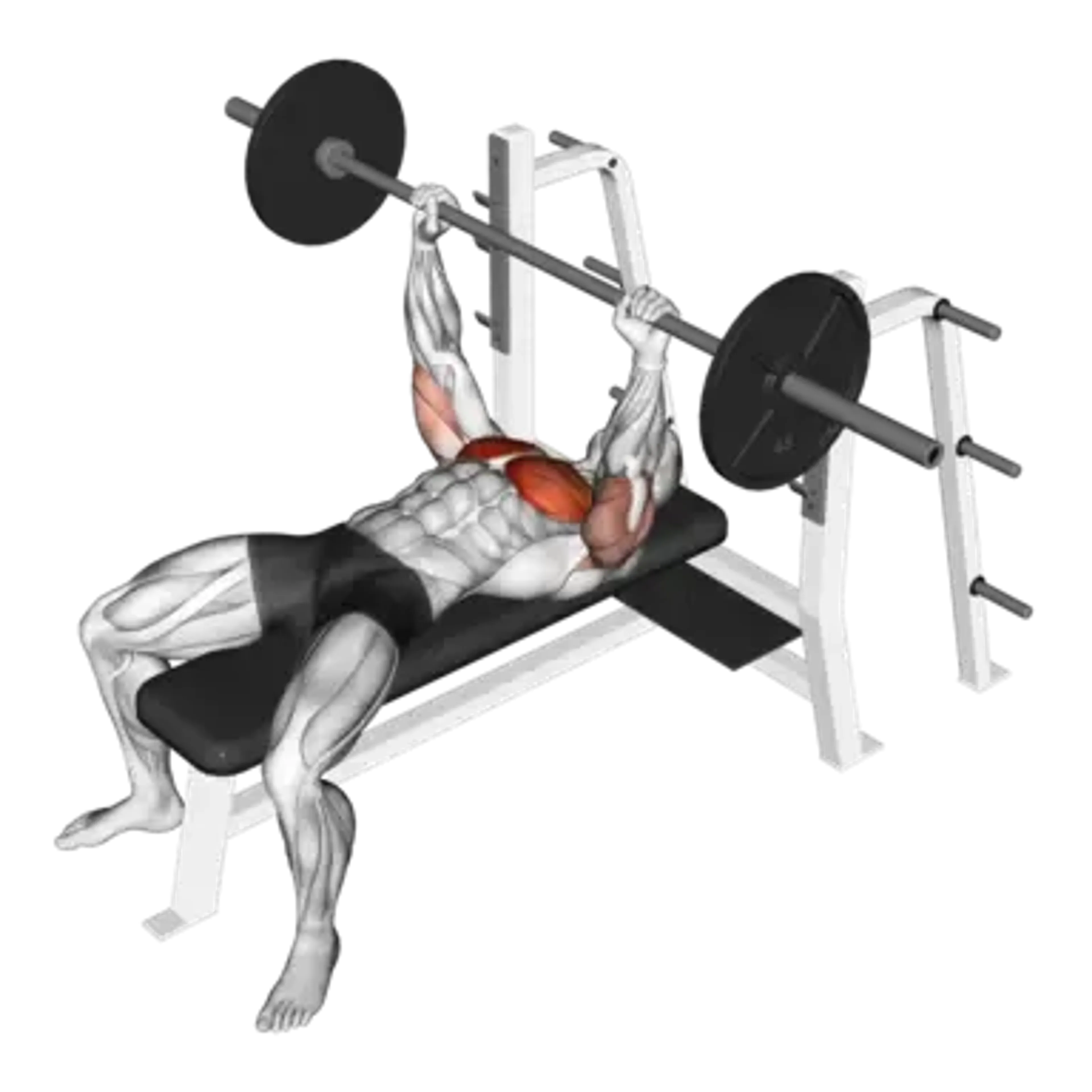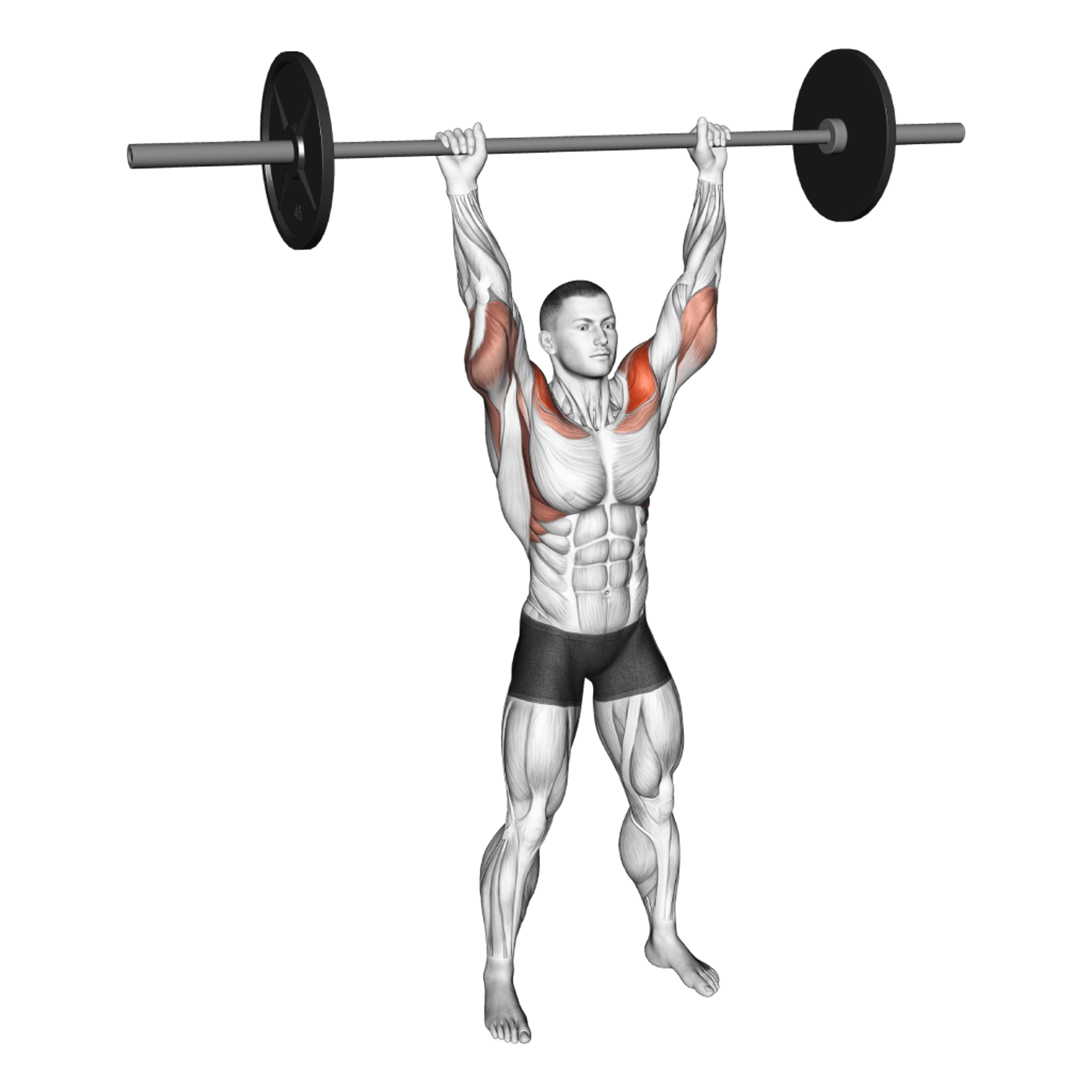For those wondering how you can boost testosterone naturally, the approach is quite simple. It involves a powerful mix of strategic exercise, a nutrient-rich diet, quality sleep, and effective stress management. These are not just temporary solutions; they are essential lifestyle habits that collaborate to cultivate an internal setting where your hormones can flourish. This is about adopting a long-term strategy for lasting results.
Fuel Your Body for Optimal Hormone Production
Your body can't build hormones from thin air. Think of the food you eat as the raw material for your internal hormone factory. What you put on your plate every single day is one of the most powerful levers you can pull to support healthy testosterone levels. This isn't about some restrictive, miserable fad diet; it's about consistently giving your body the high-quality building blocks it needs to thrive.
First things first, we need to move past the outdated fear of dietary fat. Healthy fats aren't the enemy; they're the foundation. Testosterone is literally synthesized from cholesterol. If you're not eating enough healthy fats, you're starving the production line of its most essential ingredient.
The Macro and Micro Nutrients That Matter Most
To achieve a balanced diet, focus on both macronutrients - protein, carbs, and fats - and essential micronutrients. Neglecting any area can disrupt hormonal balance.
- Healthy Fats: Include monounsaturated and polyunsaturated fats like avocados, olive oil, nuts, and seeds to support testosterone and nutrient absorption while reducing inflammation.
- Quality Protein: Maintain muscle mass and healthy testosterone levels with lean protein sources such as chicken, fish, eggs, and Greek yogurt. Consider protein powders if needed.
- Complex Carbohydrates: Essential for hormonal health, quality carbs like sweet potatoes, oats, and quinoa provide energy and help manage cortisol levels.
The secret here is consistency, not perfection. You don't need a "perfect" diet. What you need is a sustainable way of eating that's rich in whole foods and that you can actually stick with for the long haul.
Building a Testosterone-Supportive Plate
So, what does this actually look like day-to-day? It’s simpler than you think. It's about making smart, simple swaps and additions to your meals. A fantastic, high-impact change is to get fatty fish like salmon or sardines into your diet a couple of times a week. These foods are absolute nutritional powerhouses, delivering a potent trio of omega-3 fatty acids, vitamin D, and zinc.
The science backs this up time and time again. One 2021 review that looked at multiple studies found a clear link: diets lower in fat were associated with decreased testosterone levels compared to higher-fat diets. This just reinforces how critical healthy fats are for making hormones.
To help you get started, it's useful to know which specific nutrients give you the most bang for your buck and where to find them.
Key Nutrients and Food Sources for Testosterone Support
This table breaks down the most important vitamins and minerals for testosterone production and the best whole-food sources to find them in.
| Nutrient | Role in Testosterone Health | Excellent Food Sources |
|---|---|---|
Vitamin D | Often called the "sunshine vitamin," it functions like a steroid hormone and is directly involved in T synthesis. | Fatty fish (salmon, mackerel), fortified milk, egg yolks, and of course, sensible sun exposure. |
Zinc | This essential mineral is a cornerstone of testosterone production and helps convert it into its more active form. | Oysters are the undisputed king, but red meat, poultry, beans, nuts, and shellfish also pack a punch. |
Magnesium | Magnesium is a game-changer. It helps increase the amount of "free" or usable testosterone by unbinding it from proteins. | Load up on spinach, almonds, cashews, black beans, and avocados. |
Focusing on incorporating these foods into your regular meals is a practical and effective way to ensure your body has what it needs to optimize its natural hormone production.
Work Out Smarter to Boost Your Testosterone
It’s no secret that getting off the couch is good for you. But if you’re looking to really move the needle on your testosterone levels, the type of exercise you do makes all the difference. You need to send a clear signal to your body that it's time to build and strengthen. This is less about logging endless hours at the gym and more about strategic, intense effort.
When it comes to boosting testosterone, resistance training is the undisputed champion. Lifting heavy things forces a powerful hormonal response. The combination of metabolic stress and muscle fiber breakdown tells your body it needs to ramp up production of anabolic hormones - like testosterone - to repair and rebuild.
Focus on the Big Lifts
Forget spending an hour on bicep curls and tricep extensions. The real magic happens with big, compound movements that recruit multiple muscle groups at once. These are the foundational lifts that force your entire body to work in unison, triggering the biggest hormonal bang for your buck.
Your workout routine should be built around these pillars:
Big Lifts

Barbell Squat
Truly the king of lower-body exercises. They hit your quads, glutes, hamstrings, and core like nothing else.

Barbell Deadlift
A full-body powerhouse that builds raw strength from your heels to your traps.

Barbell Bench Press
The go-to movement for building a powerful chest, shoulders, and triceps.

Barbell Overhead Press
Essential for developing strong, stable shoulders and a rock-solid core.
Pushing yourself with challenging weights on these lifts causes a significant, acute spike in testosterone right after your workout. Over the long haul, the muscle you build and the consistent stimulus help elevate your baseline T-levels for good. If you're new to the weight room, our guide on how to start working out is the perfect place to learn proper form and build a solid foundation.
Working hard is a given, but smart programming is what actually turns that effort into results. The goal isn't to obliterate yourself every session. It's to create a consistent, progressive stimulus that encourages your body to adapt and get hormonally stronger.
Don't Let Overtraining Kill Your Gains
One of the most common mistakes I see is the "more is better" mindset. Pushing yourself into the ground day after day is a fast track to burnout and, ironically, lower testosterone. Overtraining jacks up your cortisol levels, the stress hormone that acts as testosterone's enemy.
An intelligent training plan is all about balancing intensity with recovery. You need to give your body time to repair and grow.
Here’s a simple, effective weekly split that does just that:
- Day 1: Lower Body Strength (Heavy Squats)
- Day 2: Upper Body Push (Bench Press & Overhead Press)
- Day 3: Active Recovery (Walk, Stretch) or HIIT
- Day 4: Lower Body Hypertrophy (Deadlifts & Accessories)
- Day 5: Upper Body Pull (Rows & Pull-ups)
- Day 6 & 7: Rest
This setup ensures you hit every major muscle group while giving you plenty of time to recover. On one of those "off" days, consider throwing in some High-Intensity Interval Training (HIIT). Short, all-out sprints on an assault bike or rower give you a potent hormonal boost without the catabolic (muscle-wasting) effects of long, drawn-out cardio sessions.
Be wary of chronic endurance training, like marathon running. While fantastic for your heart, excessively long sessions can elevate cortisol and suppress testosterone. The key is to find the right balance. Prioritize strength, sprinkle in some HIIT, and give your body the rest it needs.
Mastering the Unsung Heroes: Sleep and Stress

You can excel in the gym and follow a perfect diet, but without proper sleep and stress management, your efforts may be wasted. Diet and exercise create the potential for high testosterone, but sleep and stress control are essential to achieve it. If these are unstable, your progress can easily fall apart.
The connection between sleep and testosterone is clear. Your body's hormone production mainly occurs during deep sleep. Reducing sleep is like shutting down half of your body's production capacity and still expecting full results.
The effects are noticeable quickly. A study showed that sleeping only five hours a night for a week led to a 10-15% drop in testosterone levels in healthy young men, highlighting the importance of sleep for maintaining testosterone levels.
Prioritizing Deep, Restful Sleep
Getting enough sleep is simple, but achieving restful, restorative sleep can be challenging. It's not just about how long you sleep, but the quality of those hours. Here are a few changes you can make tonight:
- Optimize Your Bedroom: Keep it cool, dark, and quiet with blackout curtains and white noise or a fan. Lower the thermostat slightly.
- Align with Your Body Clock: Get morning sunlight to set your circadian rhythm. In the evening, dim lights and avoid screens an hour before bed.
- Establish a Relaxing Routine: Develop a pre-sleep ritual like reading a book, doing light stretches, or listening to calming music.
Getting 7-9 hours of quality sleep isn't a luxury; it's a non-negotiable. Treat your bedtime with the same discipline you bring to your workouts.
Taming Cortisol: The Testosterone Killer
While you're asleep, there's a hormonal war going on inside your body between testosterone and cortisol. Cortisol, the body's main stress hormone, has a seesaw relationship with testosterone: when cortisol is high, testosterone tends to go low.
If you’re living in a state of chronic stress - from work, your personal life, or anything else - your cortisol levels stay jacked up. This creates a hormonal environment that’s actively hostile to testosterone production.
This means you can do all the squats and eat all the steak in the world, but if your stress is out of control, you're fighting a losing battle. Learning to get a handle on stress isn't just "feel-good" advice; it's a critical part of protecting your T.
You don't have to quit your job and move to a monastery. It’s about building small, consistent habits into your day. A simple 5-minute session of deep belly breathing can literally lower your cortisol levels. Taking a quick walk outside, especially in a park or somewhere with a bit of nature, can also work wonders. The trick is to find what works for you and make it as non-negotiable as brushing your teeth. By keeping stress in check, you give your body a fighting chance to produce the testosterone you're working so hard for.
Supplements: Worth Considering?
Supplements aren’t a shortcut to higher testosterone - diet, training, sleep, and stress control always come first. But once your lifestyle foundation is solid, a few options may give small support.
- Vitamin D & Zinc: Deficiencies in either can lower testosterone, so supplementation may help if you’re lacking.
- Creatine: Primarily known for strength and muscle gains, some research suggests it may also have a mild positive effect on testosterone.
- Herbal extracts (like ashwagandha): Evidence is mixed, but some studies show potential benefits for stress reduction and hormone balance.
Always check with a healthcare professional before adding anything new, and stick to brands with third-party testing for safety and accurate dosing. Think of supplements as optional add-ons, not essentials.
FAQ: Boosting Testosterone Naturally
When exploring natural methods to enhance testosterone, questions naturally arise. Curiosity and skepticism can be beneficial. Let's address common concerns to develop a clear and realistic plan.
Timing is a frequent inquiry. As you focus on lifting weights, refining your diet, and prioritizing sleep, you might wonder when results will appear. Typically, subtle changes such as increased energy or mental clarity are noticeable within 4 to 6 weeks of consistent effort. Significant changes may take several months, so patience is essential.
Am I Too Old for This to Work?
Many fear that age diminishes the possibility of improving testosterone levels. While testosterone does decline with age, lifestyle plays a crucial role. A 50-year-old who exercises, eats well, and sleeps adequately can have healthier T-levels than a 30-year-old with unhealthy habits. Age is merely a starting point; daily habits are what make a difference.
What's the Real Deal with Soy?
Soy often sparks debate in the fitness world, but the science doesn't support the concern that it lowers testosterone. A major meta-analysis found no negative impact of soy protein or isoflavones on testosterone in men. Thus, including tofu or edamame in a varied diet is generally safe. If interested, you can review the findings on soy's hormonal effects.
Concentrate on effective strategies: engage in heavy lifting with compound exercises, aim for 7-9 hours of quality sleep each night, reduce stress through meditation, hobbies, or outdoor activities, and focus on a diet rich in whole foods that provide healthy fats, quality protein, and essential micronutrients such as zinc and Vitamin D. These factors are crucial for enhancing hormonal health.

